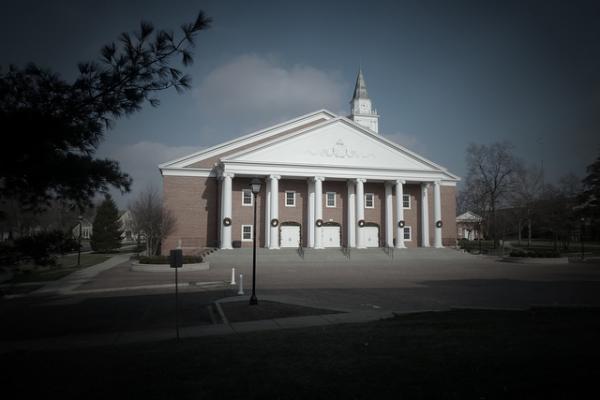Jan 14, 2016
You’ve read it in multiple places and from various sources: Things aren’t what they once were. From Barna to Butler Bass, we have been told time and time again that the American religious landscape has changed — the times have changed, the people have changed, Christian concerns have changed.
But are our institutions, specifically our institutions of higher learning, ready to change?
Read the Full Article

Already a subscriber? Login
